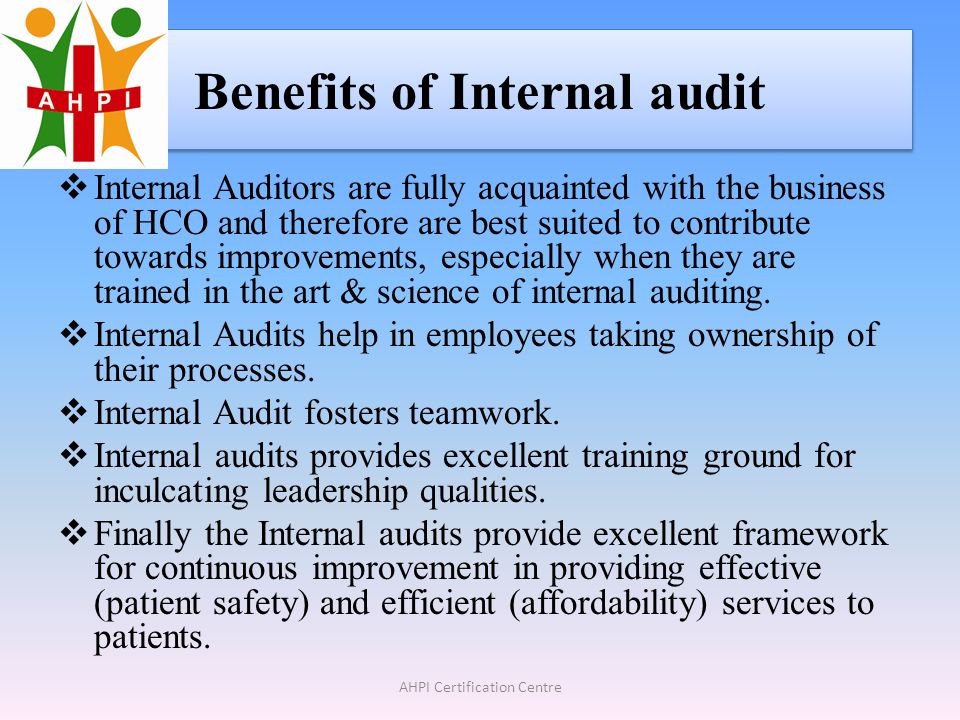The term “audit” is one that can pretty quickly strike fear in the heart of everyone in an organization, even though ultimately it can bring some significant business benefits. During an internal audit, there are opportunities for businesses to achieve a range of strategic objectives. Rather than trying to avoid internal audits, businesses are better off seeing the strategic objectives.

First and foremost, when it comes to the logistics of an internal audit, having the right tools, technology and software in place can simplify things quite a bit. For example, having the best expense management software is going to make an internal audit a more efficient, value-creating process.
The following are some of the benefits of an internal audit.
Legal Compliance
Businesses that are subjected to various regulatory and compliance requirements have to regularly conduct internal audits. To be noncompliant can cause problems for a business in terms of the law, financial implications, and it can be damaging for branding.
Noncompliance can be something that starts out small and maybe is just the result of an oversight. However, when that noncompliance isn’t spotted, it can grow and become something much more damaging to the entire organization.
With internal audits, small problems can be identified sooner and dealt with proactively.
Process and Procedure Alignment
It’s good business sense to be able to show a clear link and sense of alignment between processes and procedures in an organization. When internal audits are done, and there are quality checks in place, this is easier to adhere to.
It’s also possible to align processes and procedures with what’s really being put into practice. In some of these cases, a business might gain the insight to know that their current processes and procedures aren’t the best option and there are better ways to do things.
Identifying Opportunity
Rather than looking at an internal audit as a way only to spot problems, it can be better to reframe the purpose of an internal audit. It can be something used to identify opportunities.
For example, going back to the example of expense management software—by conducting an internal audit, a business could see there are opportunities to cut costs or improve efficiency. Internal audits are a good way to get a detailed view of what’s happening in any particular area of a business, and a lot of times that visibility can create opportunities and positive change.
There can be ways to optimize the business, reduce waste, and improve overall efficiency discovered in internal audits as well.
Spotting Fraud
Finally, fraud can be a huge expense for many businesses, especially large ones. Unfortunately, many businesses don’t even realize fraud is happening until it’s too late. Fraud can affect a company not only financially, but also regarding culture. A culture where fraud is pervasive can be toxic and lacking in transparency.
An internal audit is a good way to see potential fraud, and deal with it head on while also implementing practices to avoid similar situations in the future.
…………………
 2018 ·
2018 ·
Leave a Reply